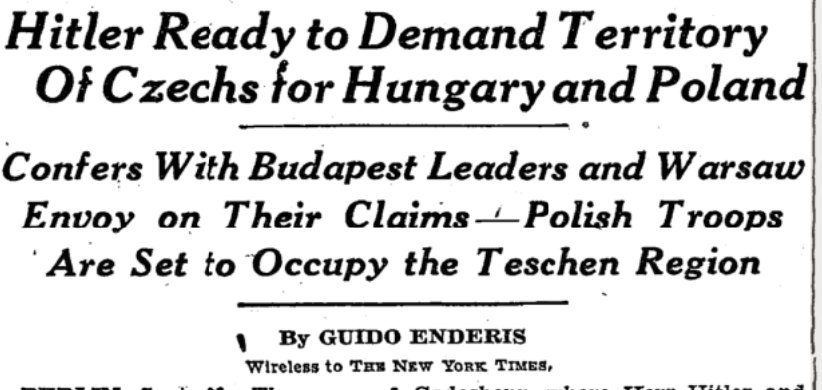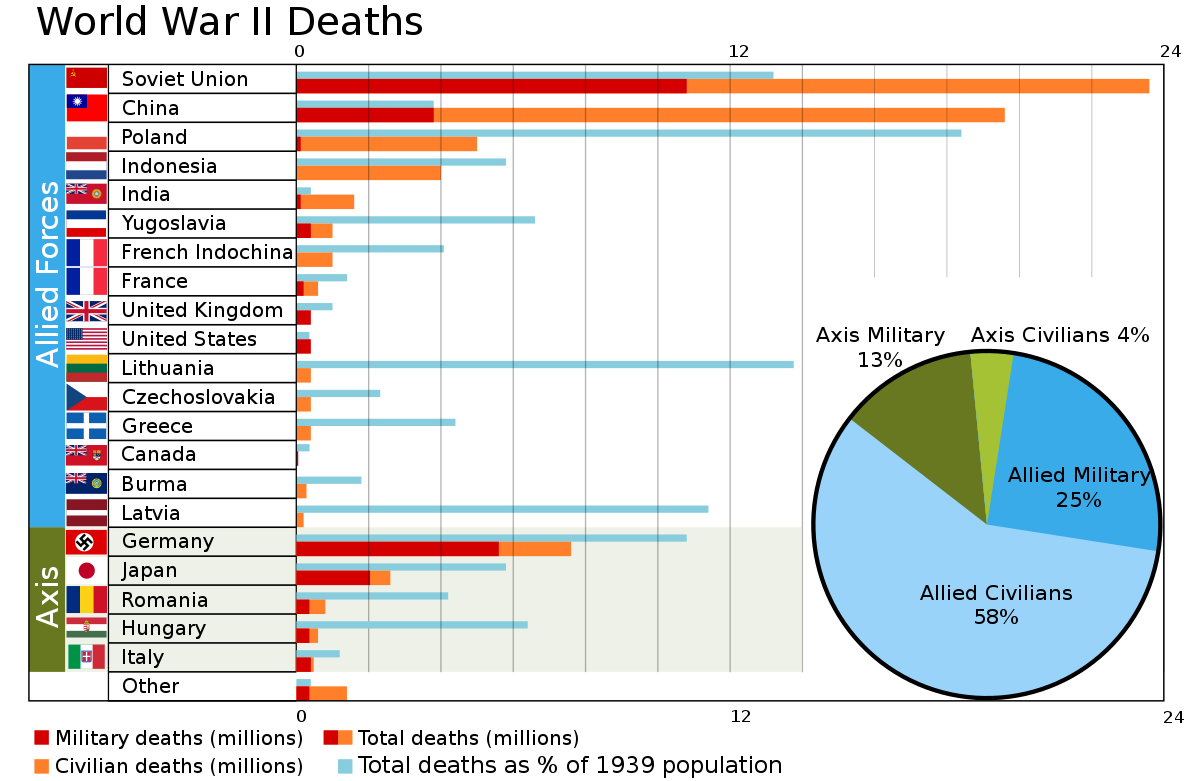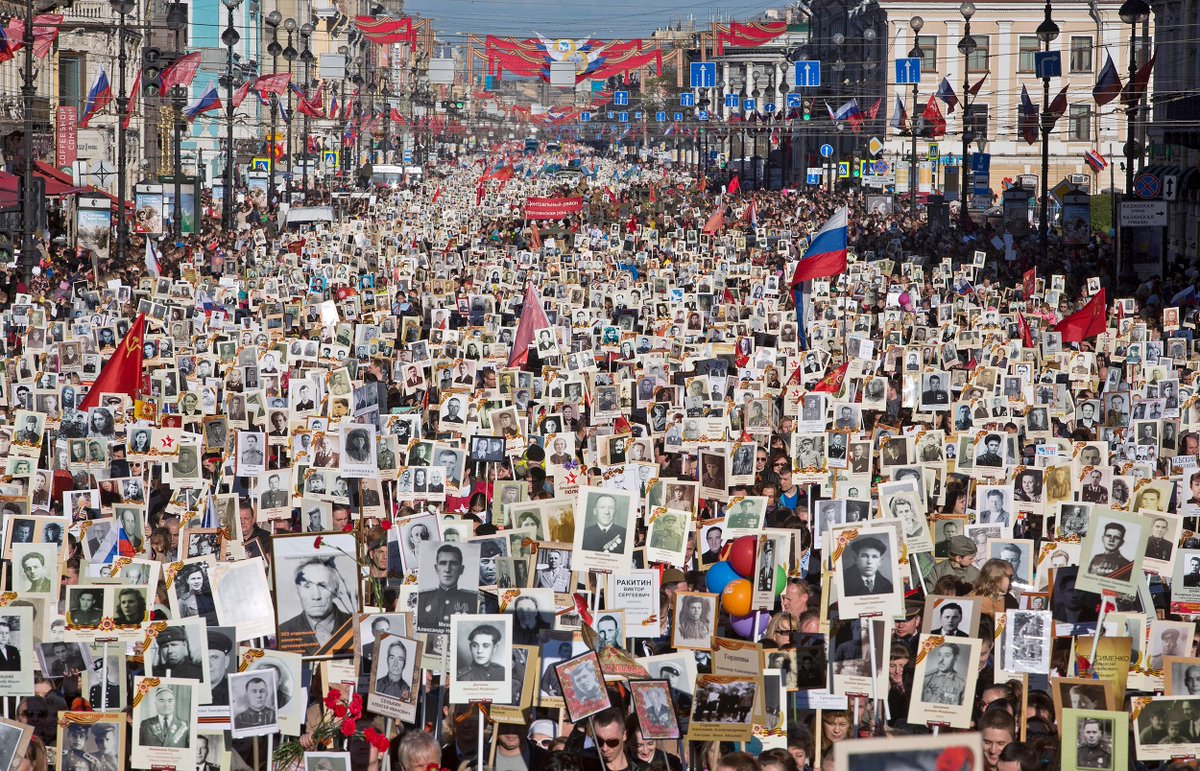
This annual "commemoration" is a vicious act of revisionism that crept into the Brussels technocracy through the veins of Eastern European reaction.
It is a smear as grotesque as Holocaust Denial — designed to mask the roots of fascism and inoculate us against Marxism.
It is a smear as grotesque as Holocaust Denial — designed to mask the roots of fascism and inoculate us against Marxism.
https://twitter.com/eucopresident/status/1429680772672262146
It begins with the reinvention of the 1939 Molotov-Ribbentrop Pact as the original sin of the war.
On this account, it was Stalin and Hitler's division of Poland that marked the start of war, plunging Europe into darkness.
The historical record could not be more different.
On this account, it was Stalin and Hitler's division of Poland that marked the start of war, plunging Europe into darkness.
The historical record could not be more different.
The USSR had long anticipated another war.
"Once again, as in 1914, the parties of bellicose imperialism, the parties of war and revanchism are coming to the foreground," Stalin told the Party in 1934. "Quite clearly things are heading for a new war."
"Once again, as in 1914, the parties of bellicose imperialism, the parties of war and revanchism are coming to the foreground," Stalin told the Party in 1934. "Quite clearly things are heading for a new war."
It tried throughout the 1930s to form an anti-fascist front. In 1938, Stalin offered to send a million troops to the German border to thwart Hitler.
But the USSR was rebuffed by the Western powers, which openly accommodated Hitler's rise.
telegraph.co.uk/news/worldnews…
But the USSR was rebuffed by the Western powers, which openly accommodated Hitler's rise.
telegraph.co.uk/news/worldnews…
In 1938, the British and French met with the fascist powers in Munich to hand the Sudetenland to Hitler. They cut the Soviet Union out of the discussions.
en.wikipedia.org/wiki/Munich_Ag…
en.wikipedia.org/wiki/Munich_Ag…
Poland was happy to benefit from the arrangement and annexed a small part of Czechoslovakia for itself, at the same time promising to oppose any Soviet attempt to defend the country. (Source: bit.ly/3sBUpD2) 





As I have written before, the Western powers were cautiously optimistic that Nazi Germany and the Soviet Union would destroy each other — sparing their sprawling empires from an expensive and prolonged conflict.
https://twitter.com/pawelwargan/status/1391361924001054722
After all, the imperial powers had much more in common with Nazi Germany than the USSR. Hitler had found inspiration in the US regime of systematic racial oppression. Concentration camps and the mass enslavement of "inferior peoples" had long been colonial policies. 

Fascism in Italy and Germany also posed no fundamental challenge to the ruling class. It emerged from austerity and technocracy. It oversaw the destruction of worker rights, incl. the introduction of slavery, and the elevation of monopolists to positions of political power.
The USSR, by contrast, posed an existential threat to the very systems of exploitation that the imperial powers represented.
In part, this is why an alliance of imperialist states — including Britain, the US, France, Japan and Italy — invaded the Soviet Union in 1918 to support the Tsarist White Army against the Bolsheviks. (The Japanese remained in the country until 1925.)
And it is why many capitalist states introduced social democratic policies in the wake of 1917 — to disarm Bolshevik-inspired movements in their own countries by introducing policies that lifted the standard of living just enough to thwart revolution. researchgate.net/publication/33…
Germany, of course, was no exception. “First they came for the Communists,” the famous poem begins. German fascism emerged out of the ashes of the German Revolution, which had been crushed by a coalition of political forces, including the German Social Democrats.
Believing that “equality was a sin against nature”, Hitler wanted to "make war upon the Marxist principle that all men are equal." His views attracted major support from German corporations, which funneled millions into his party as a prophylactic against socialism.
It is in this context that we have to understand the start of the war.
When the Soviet Union signed its non-aggression pact with Nazi Germany, it was not the first country to do so. Poland has signed one in 1934. The French had signed one in 1938.
When the Soviet Union signed its non-aggression pact with Nazi Germany, it was not the first country to do so. Poland has signed one in 1934. The French had signed one in 1938.
What did the Pact achieve?
In 1941, Carnegie Endowment for International Peace figures showed that of some 1,750,000 Jews who escaped the Nazis, 1,600,000 were evacuated by the USSR from occupied Eastern Poland.
In 1941, Carnegie Endowment for International Peace figures showed that of some 1,750,000 Jews who escaped the Nazis, 1,600,000 were evacuated by the USSR from occupied Eastern Poland.

We know well what happened when the Molotov-Ribbentrop Pact collapsed and the Nazis crossed the threshold into the Soviet Union.
A quarter of the Belarusian population was exterminated. Horrific massacres of Jewish and minority populations took place across the Eastern Front.
A quarter of the Belarusian population was exterminated. Horrific massacres of Jewish and minority populations took place across the Eastern Front.
The three years preceding Operation Barbarossa also enabled the Soviet Union to militarise at breakneck pace. In the first five-year plan, the Soviet defence budget was 5.4% of state spending. By 1941, it increased to 43.4%.
That rapid industrialisation — the sheer technological power of the USSR — stunned the Nazi invaders. "The Bolsheviks reveal a greater resistance than we had suspected; in particular, the material resources available to them were greater than we thought," Goebbels wrote in 1941.
That remarkable leap made victory possible — a campaign that US General MacArthur later hailed "as the greatest military achievement in all history.” This paved the way for the liberation of Auschwitz and the end of the war.
nytimes.com/1942/02/23/arc…
nytimes.com/1942/02/23/arc…
In 1945, a poll carried out in France showed that the Soviets were recognised as having made the greatest contribution to ending the war. Today, that number has dwindled as attempts to revise the historical record accelerate. 

In the EU, Black Ribbon Day was pushed most ferociously by notorious anti-communist Václav Havel, who presided over the destruction of his country's education, health and pension systems and subjected the Czech Republic to a violent period of "shock therapy".
Because of these efforts, the EU now views the creators and the liberators of Auschwitz — the instigators and the victors of the war — in the same light, while the scions of Nazi fortunes continue to enjoy the spoils. forbes.com/sites/maddiebe…
This is not only an affront to the victims of the war — including the 27 million Soviet citizens who lost their lives defeating the Nazi menace. 

It also erases the conditions that led to it, impoverishing both our understanding of history and our ability to respond to the fascist threat as it reemerges today — once again from a system that is designed to work in the service of capital, not people.
Read also this important thread on the origins of Black Ribbon Day in Canada, where it was advanced by the descendants of Nazi collaborators.
https://twitter.com/RodericDay/status/1297611430779326466
• • •
Missing some Tweet in this thread? You can try to
force a refresh






